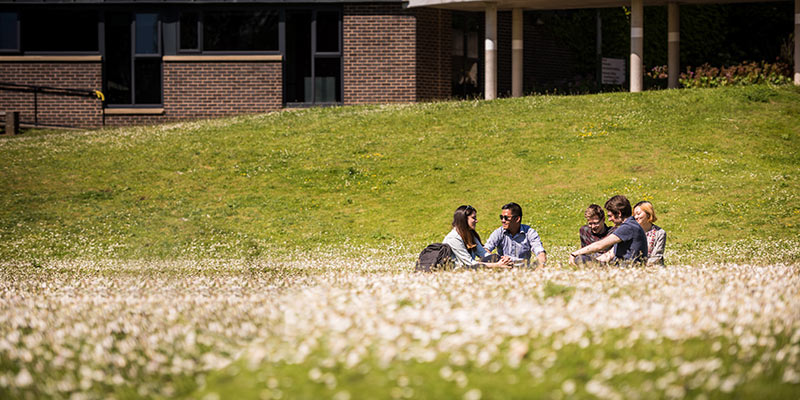
Our vision for York Graduate Research School 2020-2030
Attracting and nurturing diverse talent
The University of York needs and wants to diversify our PGR community to be more representative of wider society. Diversity of perspectives, experiences and cultures are needed to identify, research and understand both the current and the next big challenges. York will be bold and ambitious in re-engineering its structures, processes and culture to catalyse and sustain change at an institutional level. Fundamental changes in talent recruitment, retention and assessment processes are required to widen our graduate research pipeline.
So that diversity is maintained and strengthened, we must create an environment and culture that promotes personal and professional growth. Nurturing our diverse talent also means improving the attractiveness and sustainability of careers throughout the research, development and innovation ecosystem – not just for researchers, but also for technicians, innovators, entrepreneurs and practitioners.

Flexible futures
YGRS will continue to encourage and facilitate innovation in the design and delivery of our postgraduate research and training in what will be a demanding and exciting new era for Higher Education and society more generally. Most of today’s graduates will change career tracks several times during their lives, potentially moving among different sectors of the economy, and in and out of academia. So, more flexibility is needed in how York structures and delivers research degrees. YGRS wants to enable people at different stages in their careers to complete graduate research qualifications linked to their own and their employer’s needs and interests. York’s new types of research qualifications will better prepare our PGRs for a diversity of future professions within a global job market.
YGRS is committed to the delivery of an agile and innovative programme of professional development training which will support the growth of PGRs and supervisors from diverse backgrounds. With more research and training moving online, opportunities to attract and support PGRs from around the world will increase.
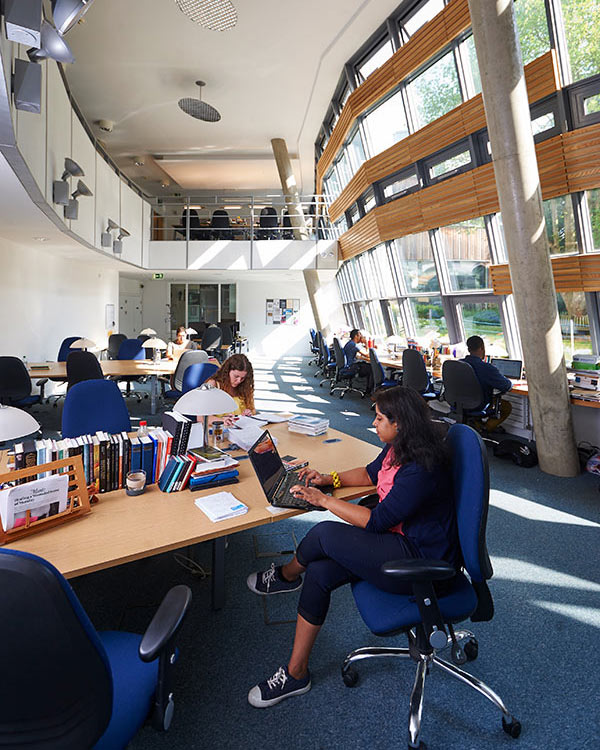
Independent minds and collaborative communities
Tackling the planet’s big issues, such as environmental sustainability, social justice and mental health, requires cross-cutting research which brings people from a range of backgrounds to bear down on a problem. YGRS aims to facilitate PGRs, supervisors and departments to work synergistically across specialisms and sectors. Interdisciplinary degree programmes, for example, will empower PGRs to acquire research expertise and accompanying skills that traverse traditional academic boundaries.
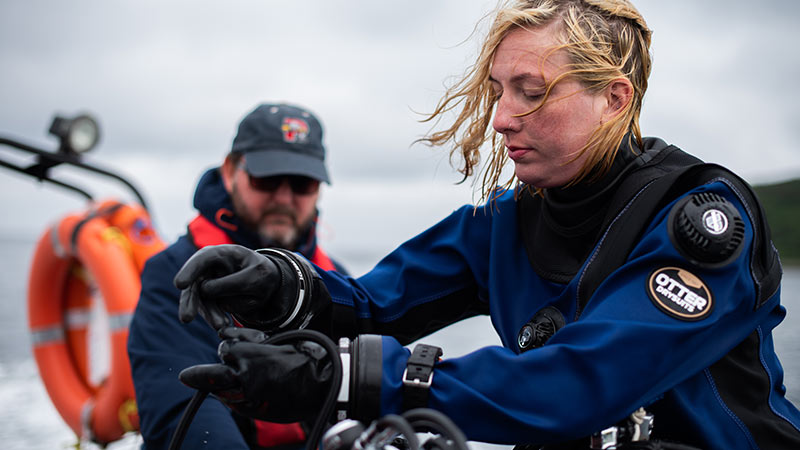
For York’s research to truly be for the public good, we need to look beyond our campus and engender an open and collaborative research culture which starts with training the next generation of researchers. Collaboration with communities, businesses, policy makers and other external partners, such as museums and schools, benefits PGRs in terms of developing research projects and launching their careers.
Wellbeing and resilience
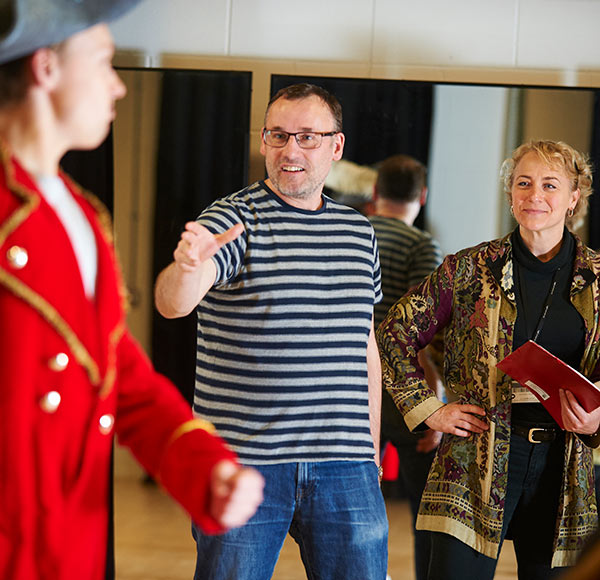
The strategic Vision for York highlights that the University’s capacity for public good rests on both the quality of our research and the quality of the experience that our scholars have here. Postgraduate research programmes need to attract and retain clever, curious and committed individuals. Completing a postgraduate research degree can, and should, be stretching and transformational for individuals, but for some it is undermining and stressful. PGRs from overseas and those from backgrounds that are underrepresented in higher education can experience particular challenges that may leave them feeling isolated and vulnerable.
By changing recruitment procedures, facilitating opportunities for collaboration and improving career prospects, YGRS will address some of the fundamental issues affecting the wellbeing of PGRs. We will also do more to develop and share best practice on bespoke training and support around mental health and wellbeing for PGRs and their supervisors. However, the resilience and wellbeing of our PGRs and staff can only be boosted long-term by fundamentally transforming York’s institutional culture and processes. To achieve this, York needs to encourage honest conversations about the research culture and expectations within departments, the University and across the Higher Education sector. YGRS will ensure that, as an institution, York is vocal in our appreciation of PGRs and activities are aligned with our principle of inclusion.
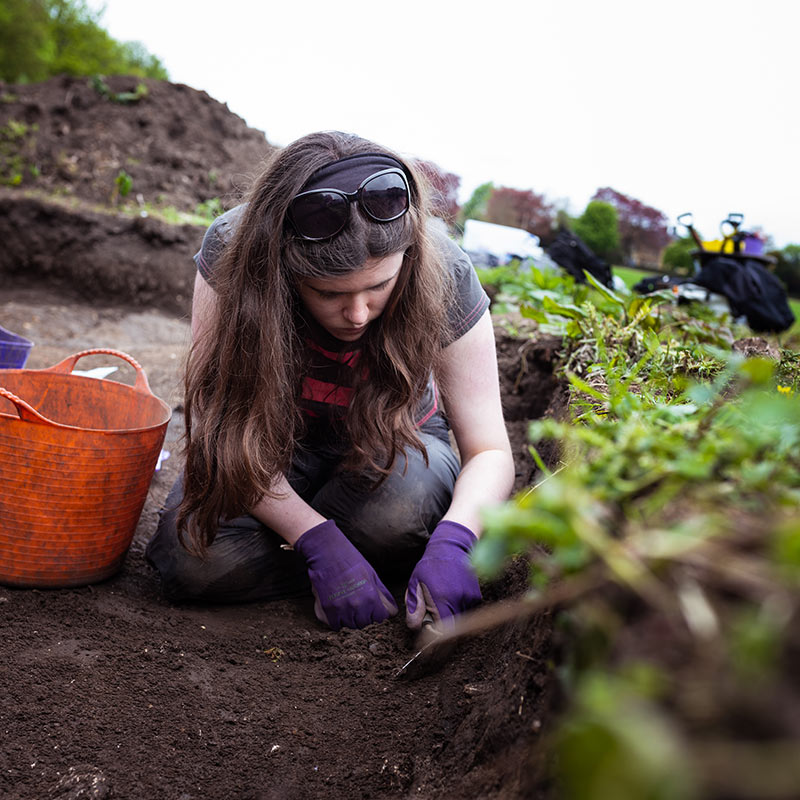
The lasting legacy of graduate research and education
The Covid-19 pandemic, the Black Lives Matter movement and other other world events have exacerbated, laid bare and created both challenges and opportunities. Research-intensive universities like York are critical to swift economic and social recovery and the creation of a greener, fairer world. But York’s potential to stimulate positive change depends on our ability to attract and inspire elite scholars who will generate world-class research; YGRS is key to achieving this.
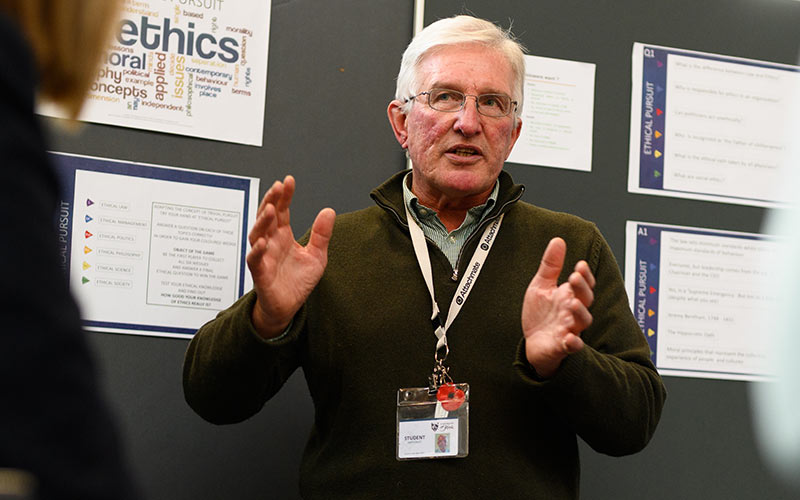
During this next phase of our evolution, YGRS will provide focus for the resources, leadership and specialist expertise required for the University to become a global centre for graduate research and training. YGRS will work cooperatively across campus and beyond so that PGRs are empowered to develop a positive, flexible and resilient mindset. In this fast changing world, York’s enduring legacy will be generations of PGRs who graduate with both the intellectual and emotional skills to identify and tackle the next big global challenges and succeed in their chosen careers.
